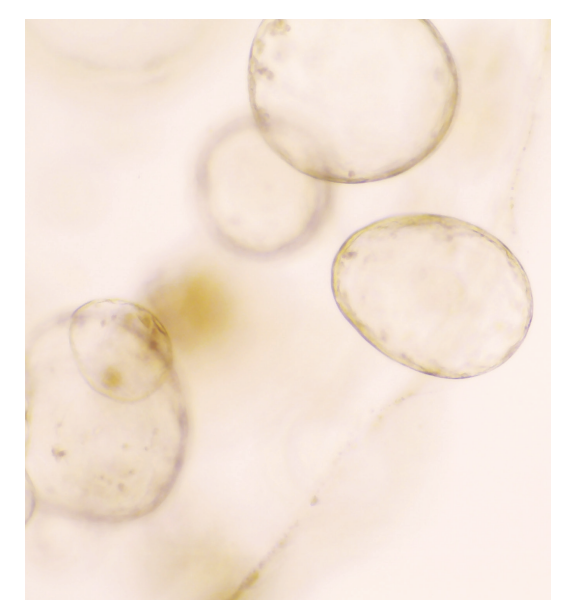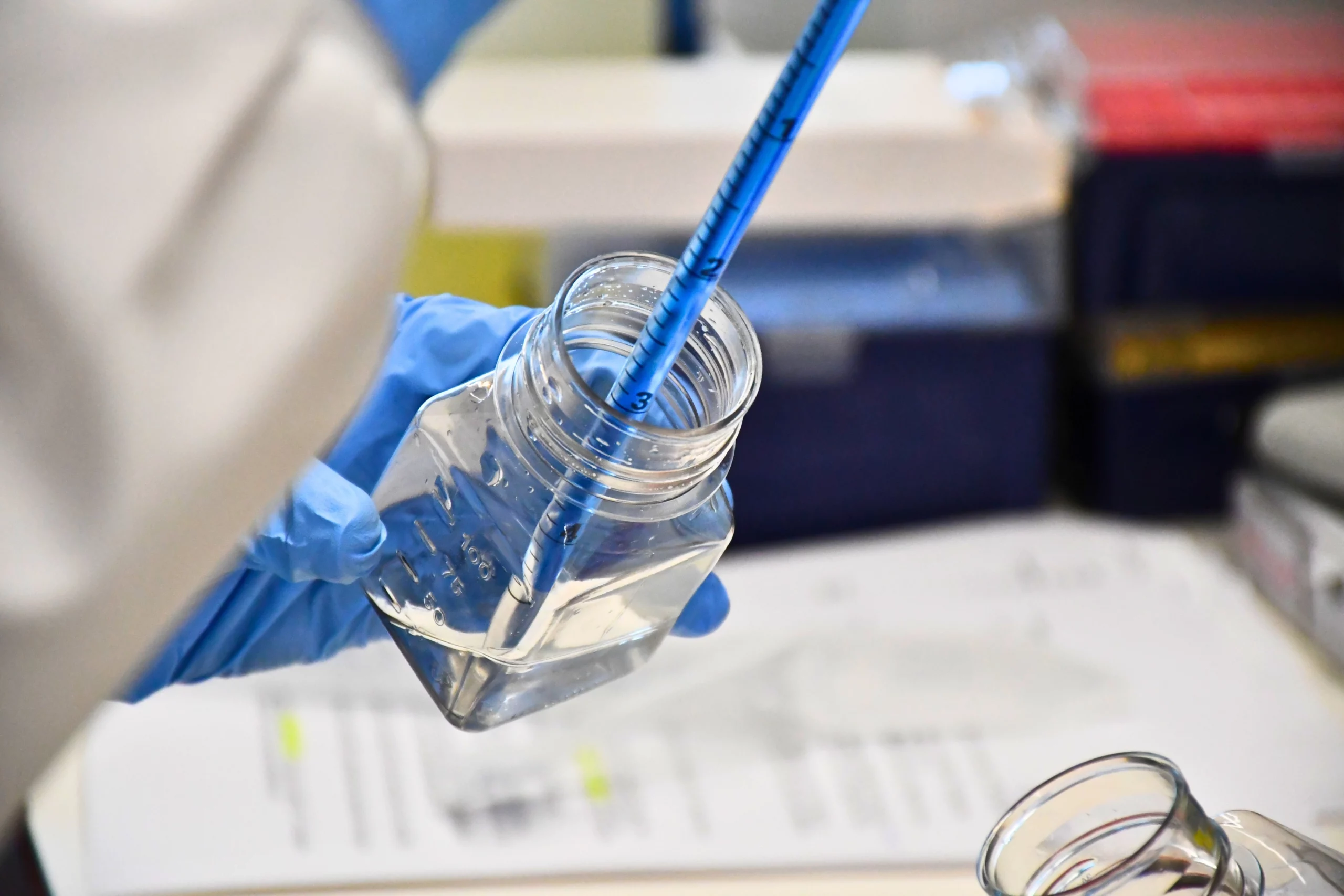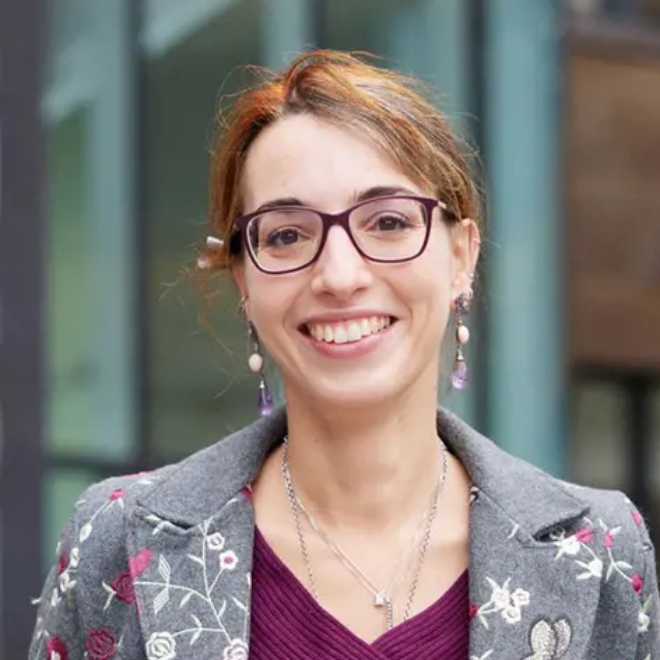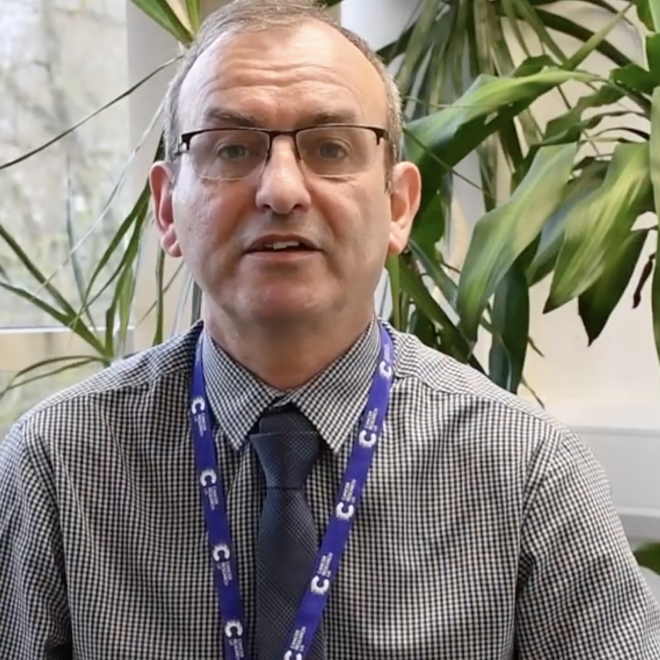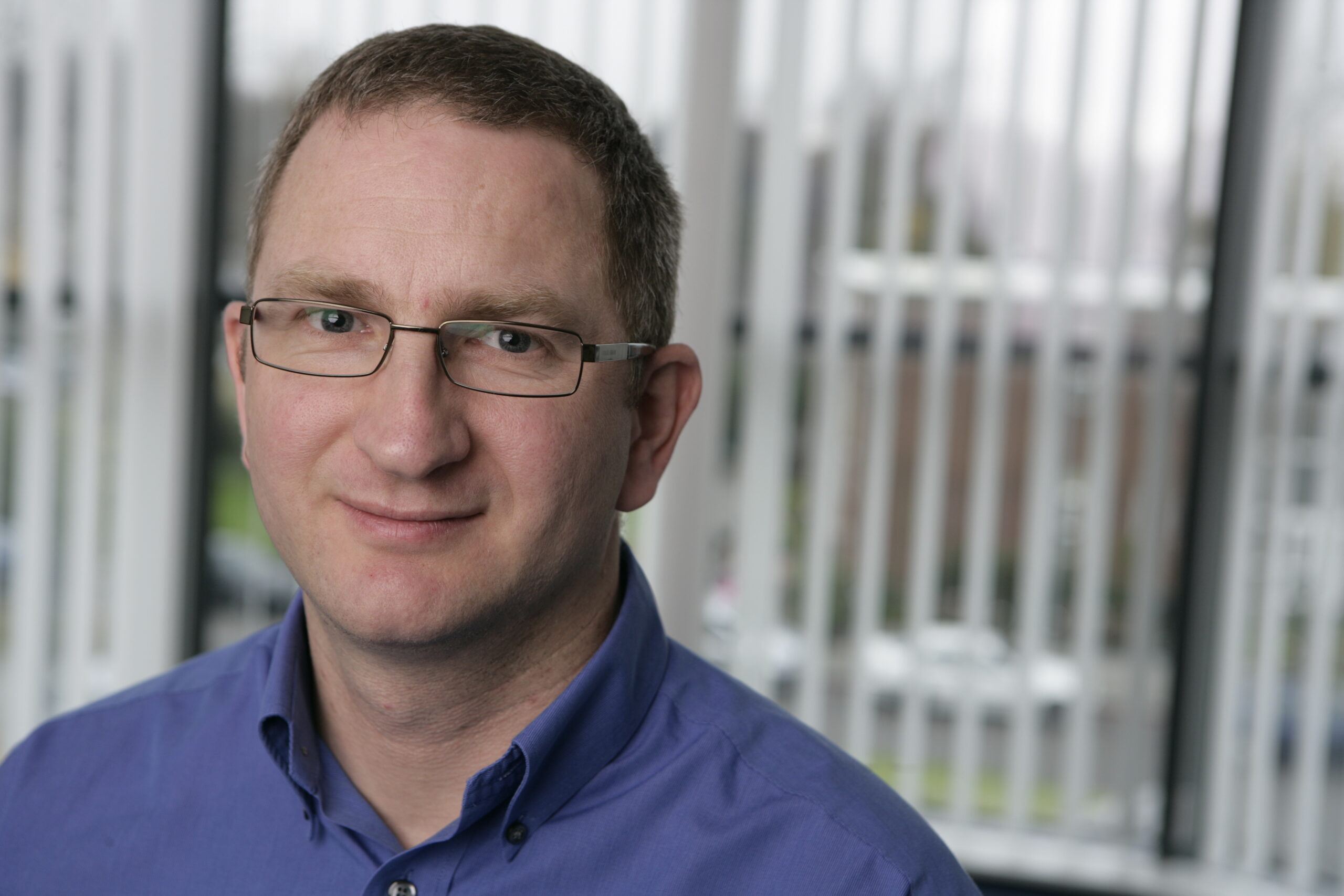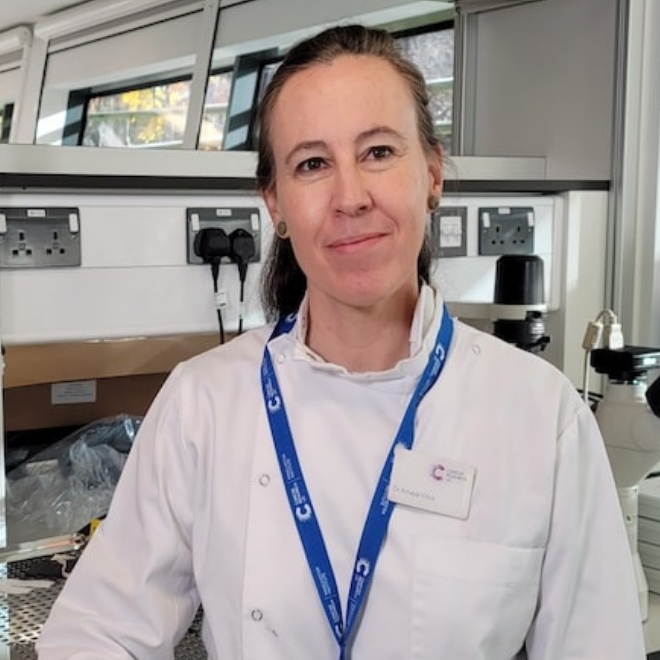Article highlights & insights
In vertebrates, the first haematopoietic stem cells (HSCs) with multi-lineage and long-term repopulating potential arise in the AGM (aorta–gonad–mesonephros) region. These HSCs are generated from a rare and transient subset of endothelial cells, called haemogenic endothelium (HE), through an endothelial-to-haematopoietic transition (EHT).
Here, we establish the absolute requirement of the transcriptional repressors GFI1 and GFI1B (growth factor independence 1 and 1B) in this unique trans-differentiation process. We first demonstrate that Gfi1 expression specifically defines the rare population of HE that generates emerging HSCs. We further establish that in the absence of GFI1 proteins, HSCs and haematopoietic progenitor cells are not produced in the AGM, revealing the critical requirement for GFI1 proteins in intra-embryonic EHT.
Finally, we demonstrate that GFI1 proteins recruit the chromatin-modifying protein LSD1, a member of the CoREST repressive complex, to epigenetically silence the endothelial program in HE and allow the emergence of blood cells.
In vertebrates, the first haematopoietic stem cells (HSCs) with multi-lineage and long-term repopulating potential arise in the AGM (aorta–gonad–mesonephros) region. These HSCs are generated from a rare and transient subset of endothelial cells, called haemogenic endothelium (HE), through an endothelial-to-haematopoietic transition (EHT).
Here, we establish the absolute requirement of the transcriptional repressors GFI1 and GFI1B (growth factor independence 1 and 1B) in this unique trans-differentiation process. We first demonstrate that Gfi1 expression specifically defines the rare population of HE that generates emerging HSCs. We further establish that in the absence of GFI1 proteins, HSCs and haematopoietic progenitor cells are not produced in the AGM, revealing the critical requirement for GFI1 proteins in intra-embryonic EHT.
Finally, we demonstrate that GFI1 proteins recruit the chromatin-modifying protein LSD1, a member of the CoREST repressive complex, to epigenetically silence the endothelial program in HE and allow the emergence of blood cells.
Institute Authors
Groups
Group leader
Labs & Facilities
Research topics & keywords
Our Research
Our research spans the whole spectrum of cancer research from cell biology through to translational and clinical studies
Research Groups
Our research groups study many fundamental questions of cancer biology and treatment
Our Facilities
The Institute has outstanding core facilities that offer cutting edge instruments and tailored services from expert staff
Latest News & Updates
Find out all our latest news
Careers that have a lasting impact on cancer research and patient care
We are always on the lookout for talented and motivated people to join us. Whether your background is in biological or chemical sciences, mathematics or finance, computer science or logistics, use the links below to see roles across the Institute in our core facilities, operations teams, research groups, and studentships within our exceptional graduate programme.



